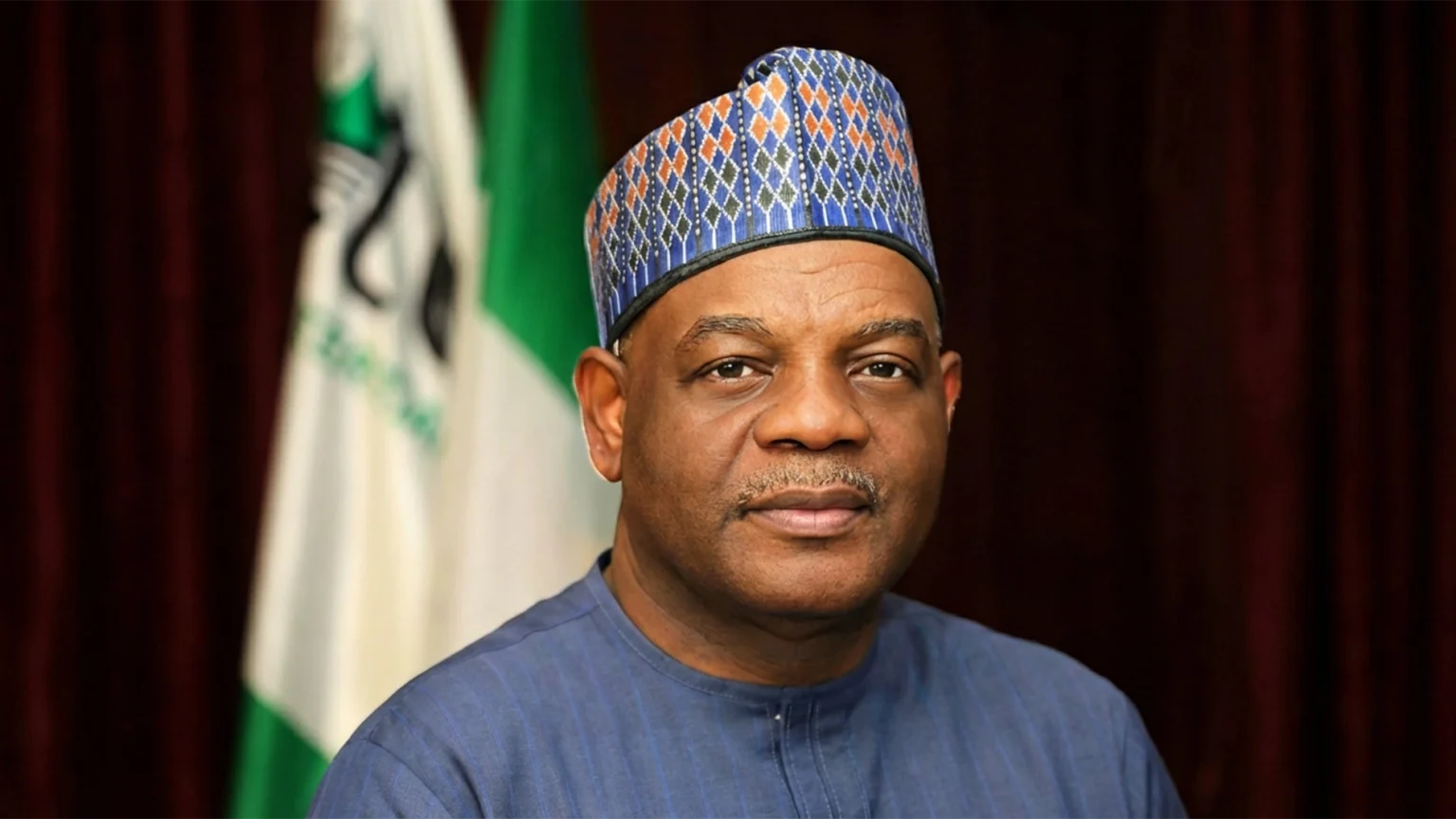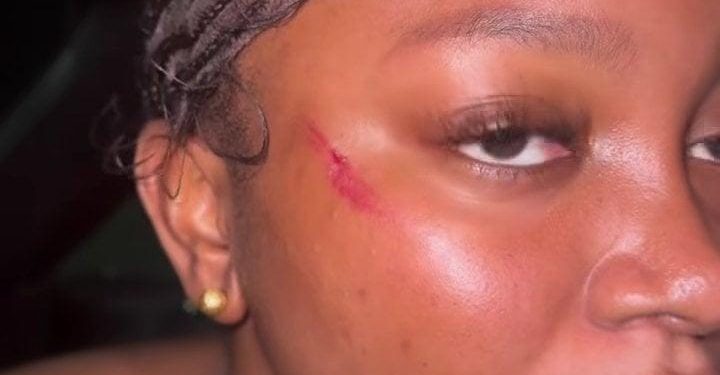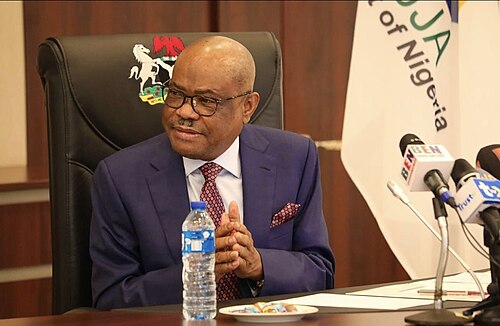The recent arrest of Adejuwon Soyinka, an investigative journalist and West African editor for The Conversation Africa, has intensified concerns about the safety and freedom of journalists in Nigeria. Soyinka was arrested on Sunday morning at Lagos’ Murtala Muhammed International Airport upon his arrival from London. The arrest, effected by the State Security Service (SSS), has continued to elicit widespread anger and condemnation from many quarters and indicates a growing concern over the deteriorating state of press freedom in Nigeria.
Soyinka was detained for about six hours. The SSS impounded his passport and made his bail conditions that he should provide a Nigerian address and a reliable phone contact. And even as the IPI Nigeria came to play an active role in pushing for his release, the reasons for the arrest of Soyinka are still far from clear.
The voiceless arrests of Soyinka have attracted many critics over social media, not even missing on X, where it is making headlines. The majority of the Nigerians express their displeasure, citing the arrest of Soyinka at that moment is just momentum that is sparking an outrage of other journalists silencing and attacks experienced at the regime of President Bola Tinubu. This instance is considered a precursor to making a systematic attempt of suppressing the opposition and gagging the press from any form of freedom in the country.
The IPI, in a statement signed by secretary Ahmed Shekarau and legal adviser Tobi Soniyi, condemned the arrest. State management of the kind that led to Soyinka’s detention is emblematic, they say, of a disturbing trend of attempts by the current government to curb freedom of the press with intimidation and the harassment of journalists. The IPI said that incidents such as this have increased dramatically since President Tinubu took office in May 2023, listing a string of incidents where journalists have been pursued. The IPI demanded the immediate reinstatement of Soyinka’s passport and urged the Nigerian government to hold firm in its respect for press freedom and not harass journalists further.

The bigger picture of Soyinka’s arrest underpins a trend of journalist attacks in Nigeria. More than 100 such attacks have been confirmed this year, with state actors, notably police, military, and SSS, on top of the list of culprits. These run the gamut from arbitrary arrests to physical assaults, adding to a climate of fear and repression towards media professionals.
For journalists and activists, the steady decline in the state of press freedom within Nigeria has become a very worrying trend. Recent reports have it that, with the recent #EndBadGovernance protests, journalists were on the direct line of fire as security agents shot at some of them while doing their work. This trends of hostilities to the media takes us back to the era of the brutal military regimes and indeed, calls to question the commitment of the present administration of upholding the tenets of press freedom.
Some very striking cases of harassment include the abduction of a journalist, Daniel Ojukwu, by the Inspector-General of Police’s IRT on 1st May 2024. He was in custody over some days and later whisked to the NPF-NCCC in Abuja. In similar fashion, the NPF-NCCC detained the Executive Director of the International Centre for Investigative Reporting, Dayo Aiyetan, and journalist Nurudeen Akewushola, over an investigation in February 2021, involving former police officials.
These are just but some examples of repressive tactics against Nigerian journalists. The recent arrest by theNPF-NCCC of a whistleblower Bristol Tamunobiefiri, alias PIDOM, on August 5, 2024 further brings to light of the repressive environment. The Nigerian government charged PIDOM with serious allegations that were considered as challenges to its integrity. These include unauthorized disclosure of classified documents and cyber-related crimes.
IPI, its condemnation of Soyinka’s arrest, is part of growing pressure on journalists and media entities in general in Nigeria. The organization in its statement conveyed deep concern that the regime is increasingly resorting to repressive stratagems in what is clearly an effort to clump down on critical voices both in the traditional and new-media landscapes and to completely stifle civic space. This impression is further enhanced by the growing number of reported attacks on journalists, with no effective response from the security agencies to deal with or investigate these abuses.
But even beyond purely physical attacks, there is a prevalent use of legal and administrative actions in the suppression of press freedom. The Cybercrime Act and varied codes of the National Broadcasting Commission are used to target and harass journalists – very many times on flimsy and pretextual justifications. This is viewed as a coordinated effort to dent in the ability of the media as an organ to play its critical role of holding power to account.

International organizations have issued their concern over the state of press freedom in Nigeria. The Committee to Protect Journalists (CPJ) and Reporters Without Borders (RSF) have stated that Nigeria is still one of the most hazardous countries in West Africa for the media. A global press freedom report by RSF has placed Nigeria at 123 out of 180 countries. The country is bedevilled by the arrest and attack of journalists, with some cases turning out to be arbitrary arrests. Notably, most crimes against journalists are left unpunished.
In this respect, these concerns have received calls from organizations like UNESCO to increase protection of journalists around the world, insisting that governments should ensure their security in adherence to international standards and states’ obligations to human rights. But despite these calls, the Nigerian government has continued to act in disregard to press freedom and safety for the practicing journalist.
The arrest of Adejuwon Soyinka and the subsequent reaction from IPI and other media outlets has given clear warning of the final straw in the still very unsatisfactory relationship between Nigeria and press freedom. The outcry from the citizenry and the international community as a whole is evident, and this shows the urgency for sweeping reforms to ensure that journalists are protected and their rights guarded. As the situation develops, it thus remains critical for all local and international stakeholders to continue pointing out the need for the protection of press freedom and holding the Nigerian government to account.
SOURCES
- https://www.premiumtimesng.com/news/top-news/727949-nigerians-condemn-journalist-soyinkas-arrest-by-sss-worry-over-attacks-on-press-freedom.html
- https://www.icirnigeria.org/sss-release-journalist-adejuwon-soyinka-ipi-condemns-arrest/




